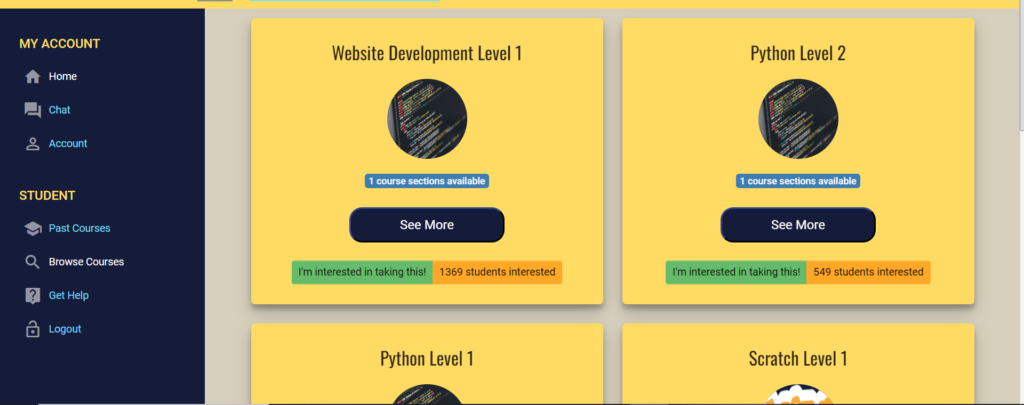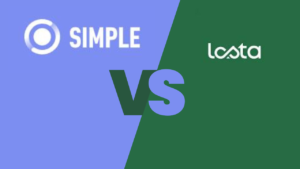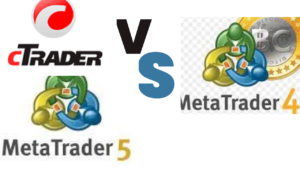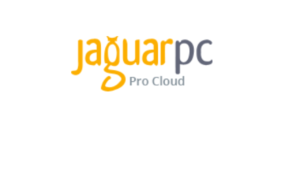Introducing WeCodeUCate: Empowering Through Coding Education
In today’s digital age, coding skills are more valuable than ever, opening doors to countless opportunities in technology and beyond. However, access to quality coding education can be limited, leaving many individuals without the means to acquire these essential skills. Enter WeCodeUCate, an initiative dedicated to bridging this gap by providing accessible, comprehensive coding education to learners of all backgrounds. Through a combination of structured curriculum, interactive learning resources, community support, and educator resources, WeCodeUCate strives to empower individuals with the knowledge and skills needed to thrive in the digital world. Join us as we explore the key features, benefits, and challenges of WeCodeUCate, and discover how it’s transforming lives through the power of coding education.
Table of Contents
What is wecodeucate ?
WeCodeUCate appears to be an initiative focused on combining coding and education. This suggests that it likely aims to promote coding skills among learners, potentially targeting students of various ages and backgrounds. The initiative could involve workshops, online courses, tutorials, or other educational resources designed to teach programming languages and foster computational thinking. Additionally, it might advocate for the integration of coding education into school curricula or provide support for educators teaching coding skills. Overall, WeCodeUCate seems to emphasize the importance of coding proficiency in today’s digital world and aims to empower individuals through education in this field.

Features.
The main features of WeCodeUCate, based on its focus on coding and education, could include:
- Comprehensive Curriculum: WeCodeUCate likely offers a structured curriculum covering various aspects of coding, starting from the basics and progressing to more advanced topics. This curriculum could include programming languages such as Python, JavaScript, or Java, as well as concepts like algorithms, data structures, and software development methodologies.
- Interactive Learning Resources: The initiative may provide interactive learning resources such as coding challenges, quizzes, and coding exercises to help learners practice and reinforce their skills in a hands-on manner. These resources could be available through an online platform or learning management system.
- Community Engagement: WeCodeUCate might foster a community of learners and educators passionate about coding and education. This community could provide support, encouragement, and collaboration opportunities for individuals at various skill levels.
- Educator Support: WeCodeUCate may offer resources and support for educators interested in teaching coding skills, including lesson plans, teaching materials, and professional development opportunities. This support could help educators effectively integrate coding education into their classrooms.
- Accessibility and Inclusivity: WeCodeUCate might prioritize accessibility and inclusivity, ensuring that its resources are available to learners from diverse backgrounds and that barriers to participation are minimized. This could include providing translations, accommodating different learning styles, and offering scholarships or financial assistance.
- Career Guidance: The initiative could offer guidance and resources to help learners explore career opportunities in technology and prepare for careers in fields such as software development, data science, or web development. This could include resume building, interview preparation, and networking opportunities.
- Continuous Learning: WeCodeUCate may emphasize the importance of lifelong learning in the rapidly evolving field of technology. It might offer resources and support for learners to continue developing their coding skills and staying updated on new technologies and industry trends.
Overall, WeCodeUCate aims to empower individuals with coding skills through a combination of structured learning, community support, and resources tailored to both learners and educators.
Pros & Cons
Pros:
- Accessible Learning: WeCodeUCate provides an accessible platform for individuals of all backgrounds to learn coding skills, potentially reaching learners who may not have access to traditional educational resources.
- Structured Curriculum: The initiative offers a structured curriculum that guides learners from fundamental concepts to advanced topics, providing a clear learning path for skill development.
- Community Support: WeCodeUCate fosters a supportive community of learners and educators, allowing for collaboration, mentorship, and knowledge sharing.
- Educator Resources: The initiative offers resources and support for educators interested in teaching coding, helping to improve the quality of coding education in schools and communities.
- Career Opportunities: WeCodeUCate helps learners explore career opportunities in technology and provides guidance for pursuing careers in fields such as software development, data science, and web development.
Cons:
- Limited Reach: WeCodeUCate may struggle to reach individuals who lack access to the internet or digital devices, limiting its effectiveness in reaching underserved communities.
- Resource Constraints: The initiative may face resource constraints in developing and maintaining its curriculum, platform, and community support services, potentially limiting the depth and breadth of its offerings.
- Quality Control: Ensuring the quality of learning resources and educator support may be challenging, leading to inconsistencies in the learning experience and potentially diminishing the effectiveness of the initiative.
- Sustainability: WeCodeUCate’s long-term sustainability may be uncertain, particularly if it relies on external funding or volunteer contributions to operate. Without sustainable funding and support, the initiative may struggle to maintain its services and reach its goals.
- Competitive Landscape: WeCodeUCate operates in a competitive landscape with many other coding education initiatives and platforms, making it challenging to differentiate itself and attract learners and educators.
Pricing
I can speculate on potential pricing models that initiatives like WeCodeUCate might adopt:
- Free: WeCodeUCate may offer its core educational content and resources for free, aiming to maximize accessibility and reach a broad audience. In this model, revenue might be generated through donations, grants, sponsorships, or premium services.

- Freemium: The initiative could adopt a freemium model, offering basic educational content and resources for free while charging for premium features, such as access to advanced courses, personalized coaching, or certification programs.
- Subscription: WeCodeUCate might offer a subscription-based model, where users pay a recurring fee to access the full range of educational content, resources, and community support services. Subscriptions could be offered on a monthly, quarterly, or annual basis.
- One-time Purchase: Alternatively, WeCodeUCate might offer its educational content and resources for a one-time purchase fee, providing lifetime access to the materials. This model could be appealing to users who prefer a one-time investment rather than recurring payments.
- Tiered Pricing: WeCodeUCate could implement tiered pricing, offering different pricing tiers with varying levels of access to educational content and resources. Higher-priced tiers might include additional features such as live workshops, mentorship programs, or career guidance services.
Ultimately, the pricing strategy for WeCodeUCate would depend on various factors such as the organization’s financial sustainability goals, target audience demographics, competition in the coding education market, and the perceived value of its offerings.
Alternatives
Several alternatives to WeCodeUCate exist in the coding education space, each offering unique features and approaches to teaching coding skills. Here are some examples:
- Codecademy: Codecademy is an online platform offering interactive coding courses in various programming languages, including Python, JavaScript, and HTML/CSS. It provides hands-on coding exercises, projects, and quizzes to help learners practice and reinforce their skills.
- Coursera: Coursera offers online courses, specializations, and degrees from universities and institutions worldwide, including coding and computer science topics. Learners can access video lectures, assignments, and peer-reviewed assessments, often with the option to earn a certificate upon completion.
- edX: Similar to Coursera, edX provides online courses and programs from universities and institutions. It covers a wide range of subjects, including coding and computer science, with options for self-paced learning or instructor-led courses.
- Udacity: Udacity offers online courses and nanodegree programs in tech-related fields, including programming, data science, and artificial intelligence. Its courses feature project-based learning and mentorship from industry experts.
- Khan Academy: Khan Academy offers free online courses in various subjects, including computer programming and computer science. It provides interactive exercises, instructional videos, and coding challenges for learners of all ages.
- FreeCodeCamp: FreeCodeCamp is a free online platform that offers coding challenges, projects, and certifications in web development, responsive web design, and JavaScript algorithms and data structures. It also has a strong community aspect, with forums and local study groups.
- Pluralsight: Pluralsight provides on-demand video courses and learning paths in technology and software development topics, including coding, cybersecurity, and cloud computing. It offers assessments, hands-on labs, and skill assessments to track progress.
These alternatives vary in terms of pricing, content, learning formats, and target audience. Learners can choose the platform that best aligns with their goals, preferences, and budget.
Conclusion/Summary.
In conclusion, WeCodeUCate is an initiative focused on coding education, aiming to empower learners with valuable coding skills through structured curriculum, interactive learning resources, community support, and educator resources. Its main features include a comprehensive curriculum, interactive learning resources, community engagement, educator support, accessibility, career guidance, and emphasis on continuous learning. While WeCodeUCate offers numerous benefits such as accessible learning and career opportunities, it also faces challenges such as limited reach, resource constraints, and competition in the coding education market. Nonetheless, initiatives like WeCodeUCate play a crucial role in democratizing access to coding education and preparing individuals for success in an increasingly digital world.




